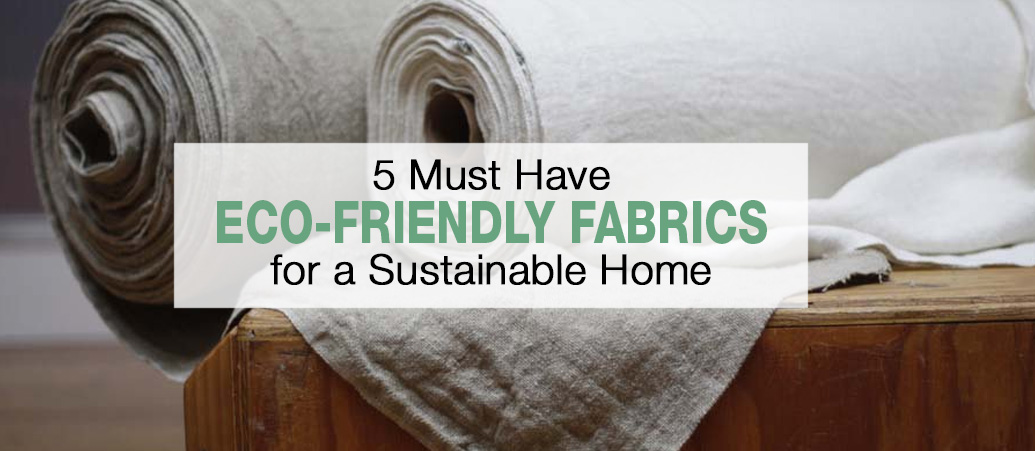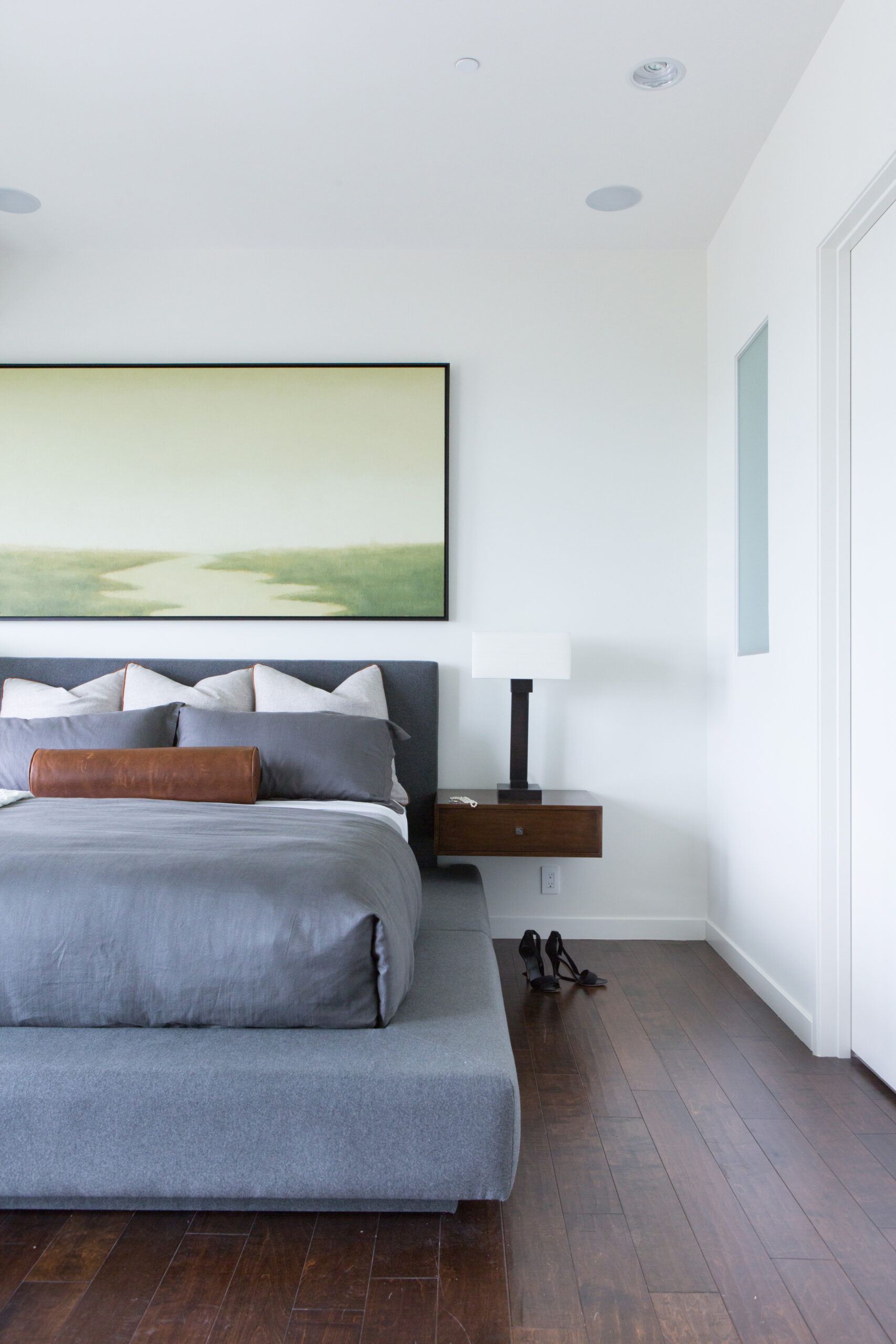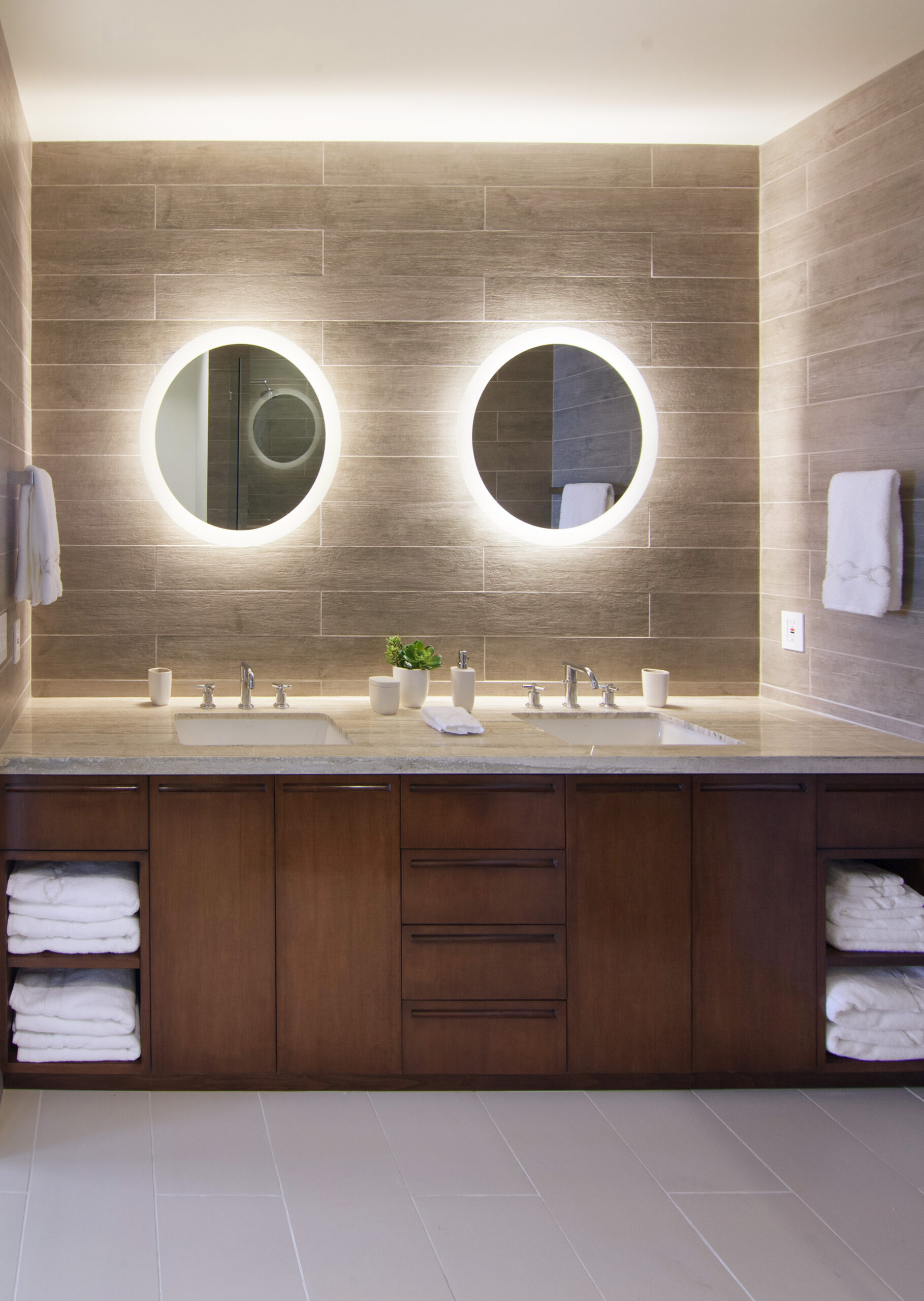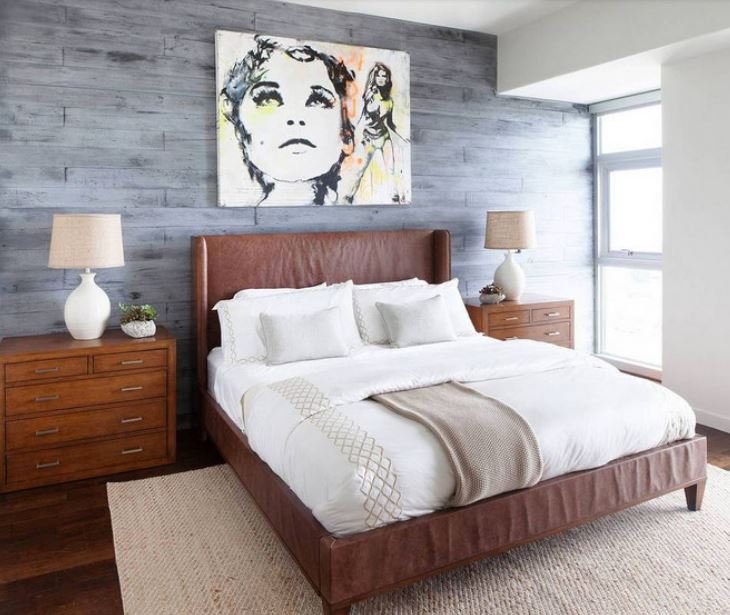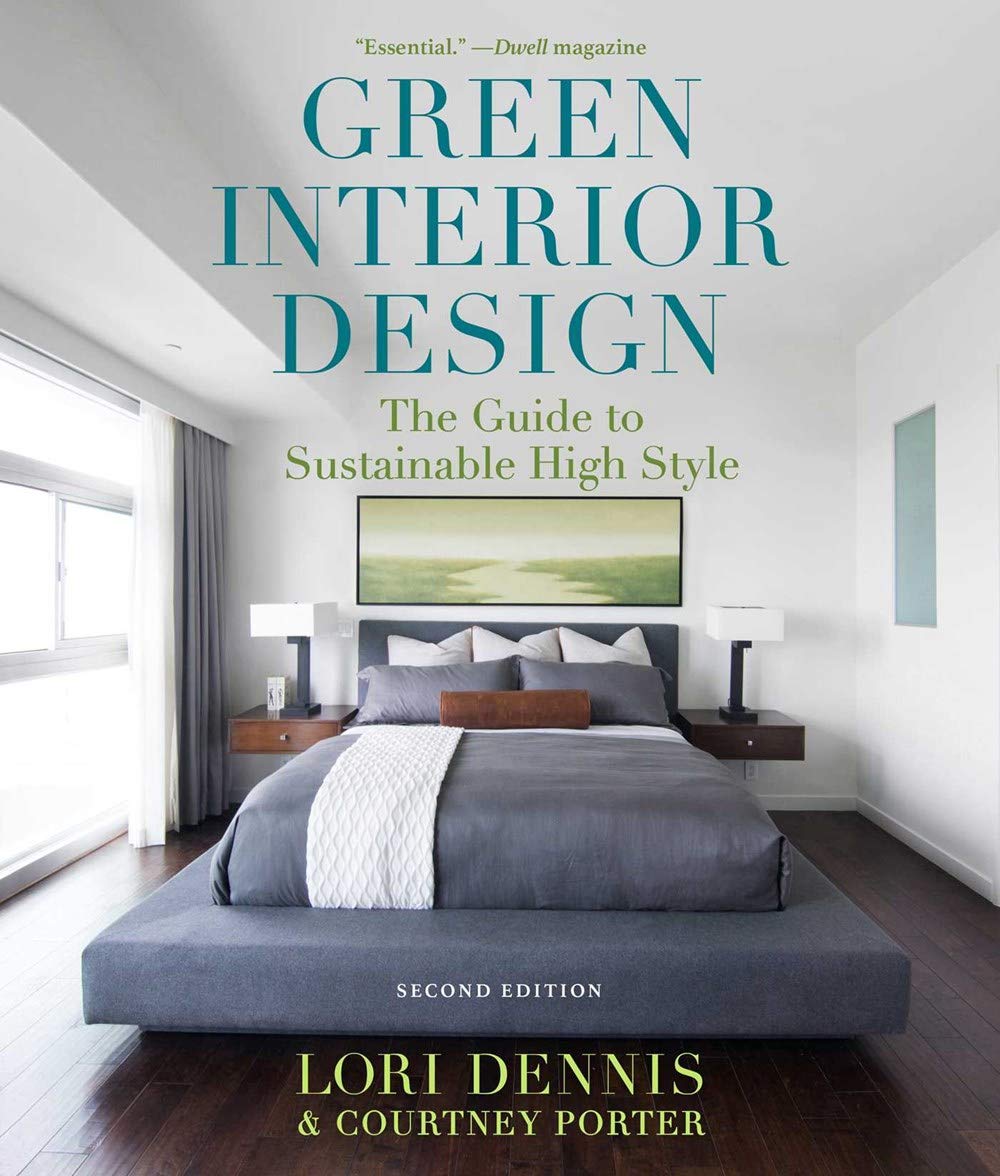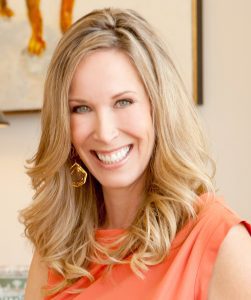
Coyuchi
WHERE DO YOU USE FABRIC IN THE HOME?
When you think of fabric, a lot of people naturally think about the clothes they wear. But when you look around your home, you can see fabrics used in Upholstered Furniture, Drapery, Pillows, and Linens like Bedding Sheets and Bathroom Towels.
One of the best places to use natural fabrics is in the bed, where you’ll feel the effects immediately and all night long. We mentioned this in our post about Ways to Stress Less and Sleep More. It’s really important (and luxurious) to have bedding that makes you feel comfortable. When bedding doesn’t breath, you get hot, you sweat, you wake up throughout the night. If they’re too thin – you’re freezing, too heavy you’re boiling. It’s a real Goldilocks situation where it has to be just right.
Elle Decor
Oh yes. There can be up to 2,000 chemicals used during the manufacturing process, leaving residual amount in the fabrics that can leach into the water supply, pollute the air and be absorbed by our skin.
Formaldehyde, for example, is frequently used in conventional manufacturing to help cloth retain its uniformity (so it won’t bunch) and size (so it won’t shrink). This process is toxic not only to the environment and consumers,but also to the employees who handle the chemical all week.
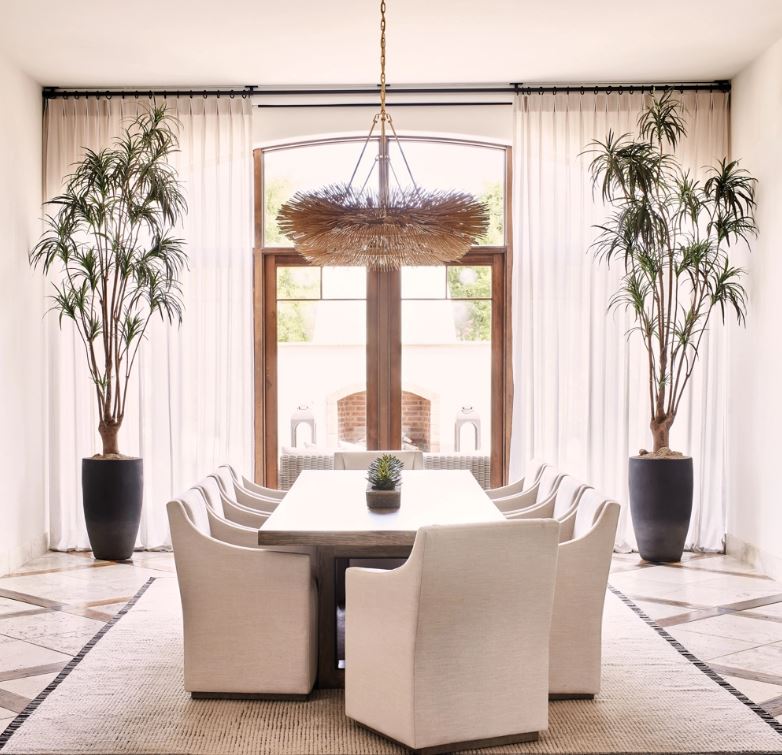
Luxe Interiors + Design
If you are planning to donate old sheets and towels, consider dropping them off at your local animal shelter. The dogs and cats won’t care if they’re stained, a little worn or out of style!
PLANT-BASED and ECO-FRIENDLY FABRICS
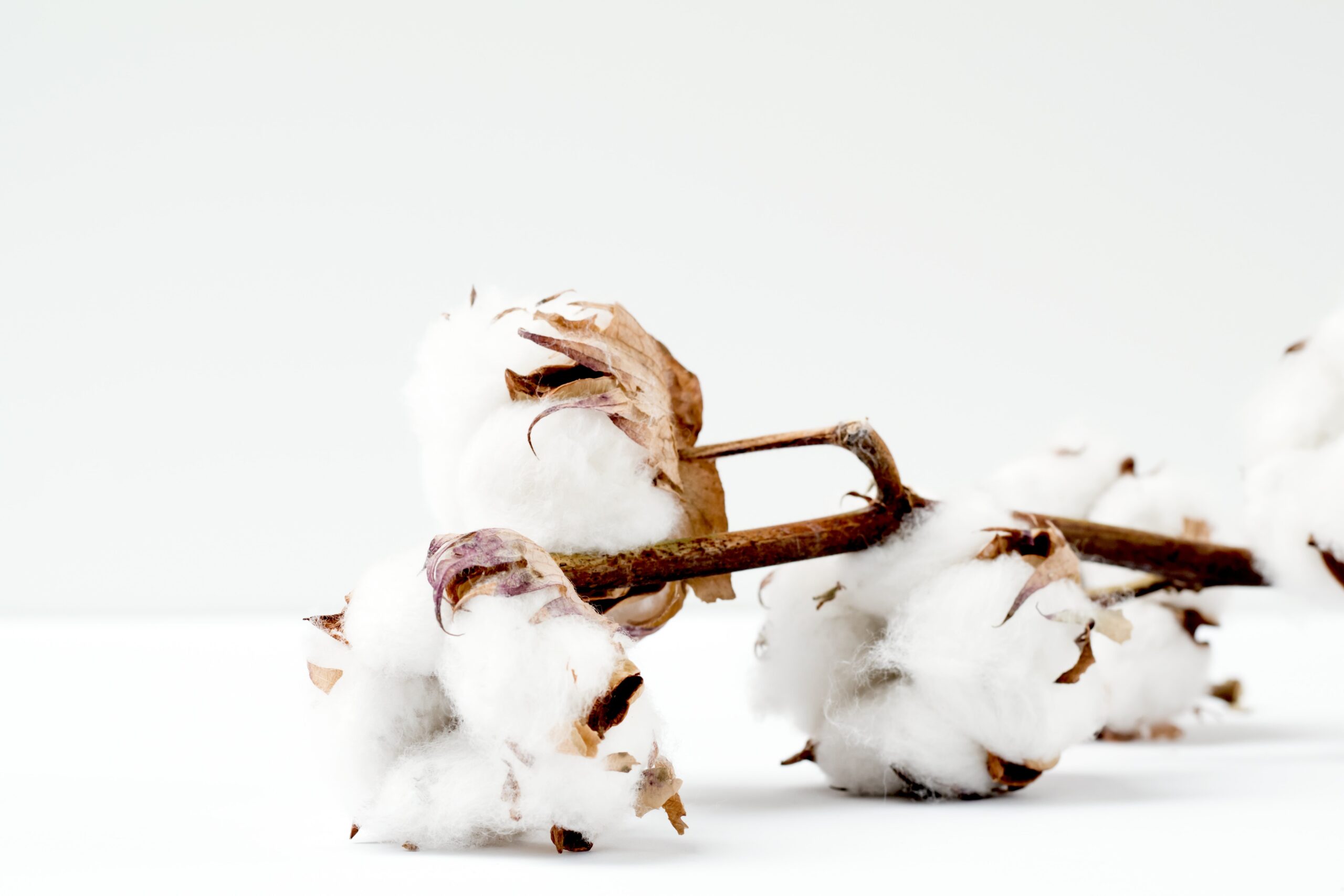
ORGANIC COTTON
Cotton is the most popular natural fiber and can be used all over the home, including upholstered furniture, drapery, rugs, blankets and pillow covers. And there’s almost nothing better than a fresh set of cotton sheets or bath towels. Bath and Bedding linens come in direct contact with your body’s skin every day, so it’s important to make sure these items are non-toxic and chemical-free.
High quality cotton is breathable, durable and incredibly soft.
But not all cotton is created equal.
Natural Cotton uses a ton of pesticides or glyphosate (aka: Roundup), and often times bleach or synthetic dyes. And you know how nasty pesticides are because they cause skin irritation, alterations to the body’s hormone balance and a whole host of other health risks.
On the other hand, Organic Cotton is a green fiber. Never genetically modified, it doesn’t use poisonous chemicals found in the polluting pesticides, herbicides, and fertilizers.
To make sure you’re getting the real deal on organic cotton, look for the GOTS seal.
House Beautiful
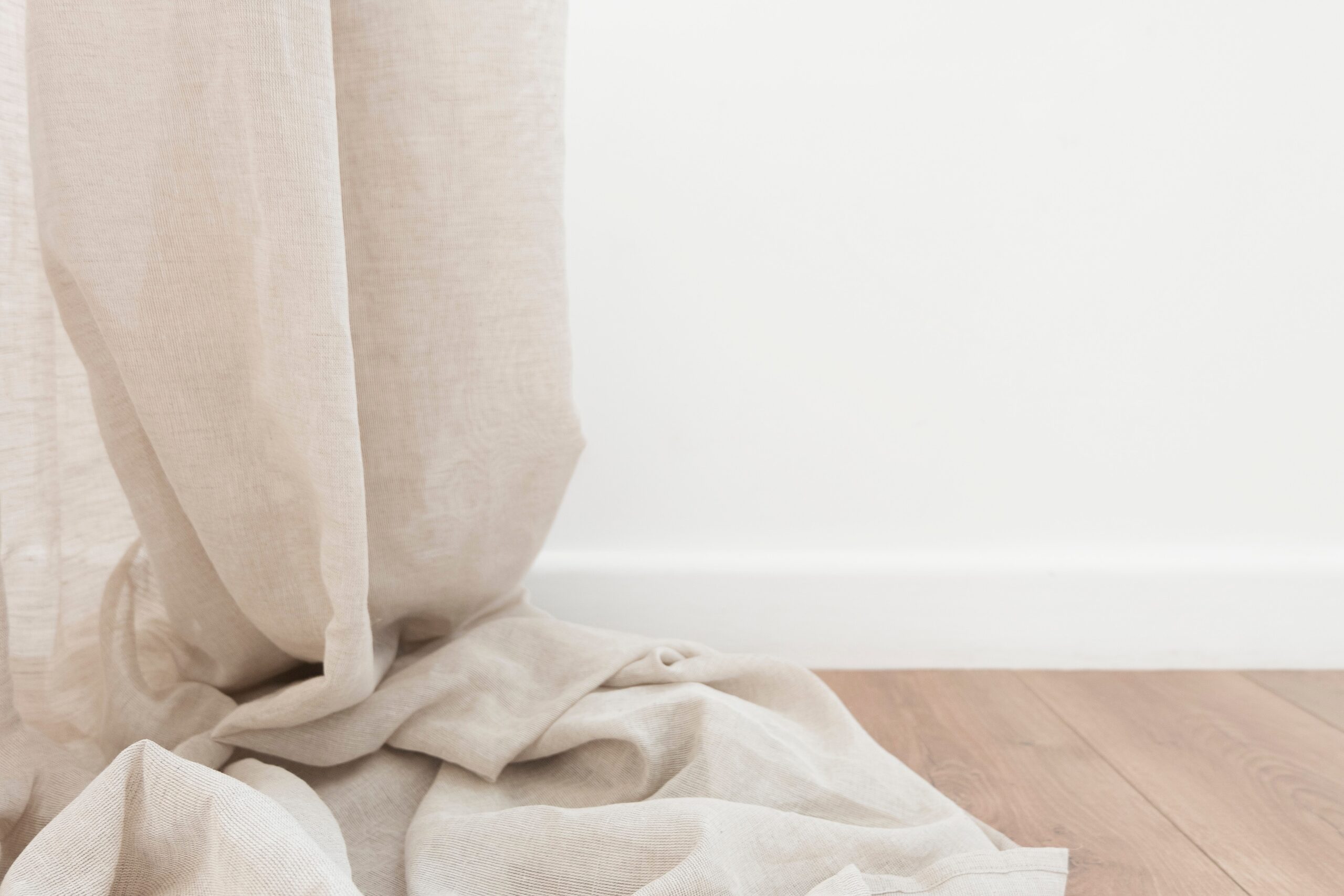
ORGANIC LINEN
If you’re in the market from a splurge that’s totally worth it, get yourself a set of linen sheets. Go for the whole bedding while you’re at it. With just a glance, you’ll instantly release any tension and feel completely relaxed and ready for the ultimate in comfort.
We specify linen the most because it has so many benefits, and is one of our go-to fabrics because it’s a low maintenance, sustainable natural fiber, making it long lasting and eco-friendly. It’s breathable, hypoallergenic and highly durable, great in any season, and just like us – resilient and gets better with age!
Dress it up. Dress it down. Linen is chic and classic, and works great as drapery, slip covers, and of course bedding.

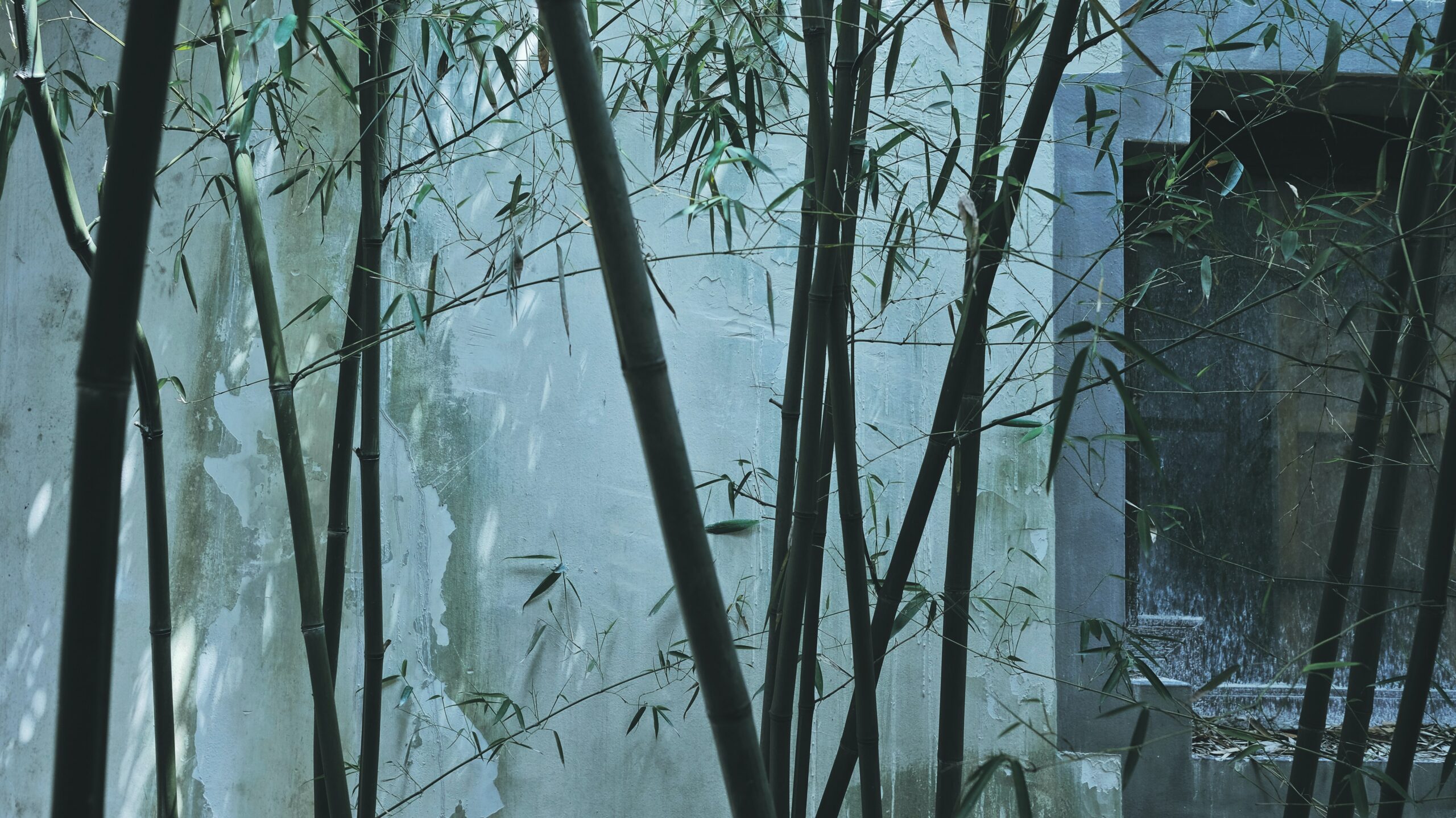
BAMBOO
Bamboo is often called the sustainable wonder plant because this renewable fiber has natural antibacterial qualities.
This makes bamboo perfect for bedding sheets, mattresses and mattress covers, and bath towels. It’s a finer fiber that feels even softer than cotton, plus it helps to fight off nasty germs in places that you want to keep clean.
These plants grow quickly, don’t require pesticides, absorb 4 times the CO2 that other plants do, and release 35% more oxygen. Wow! Plus these fabrics are super soft.
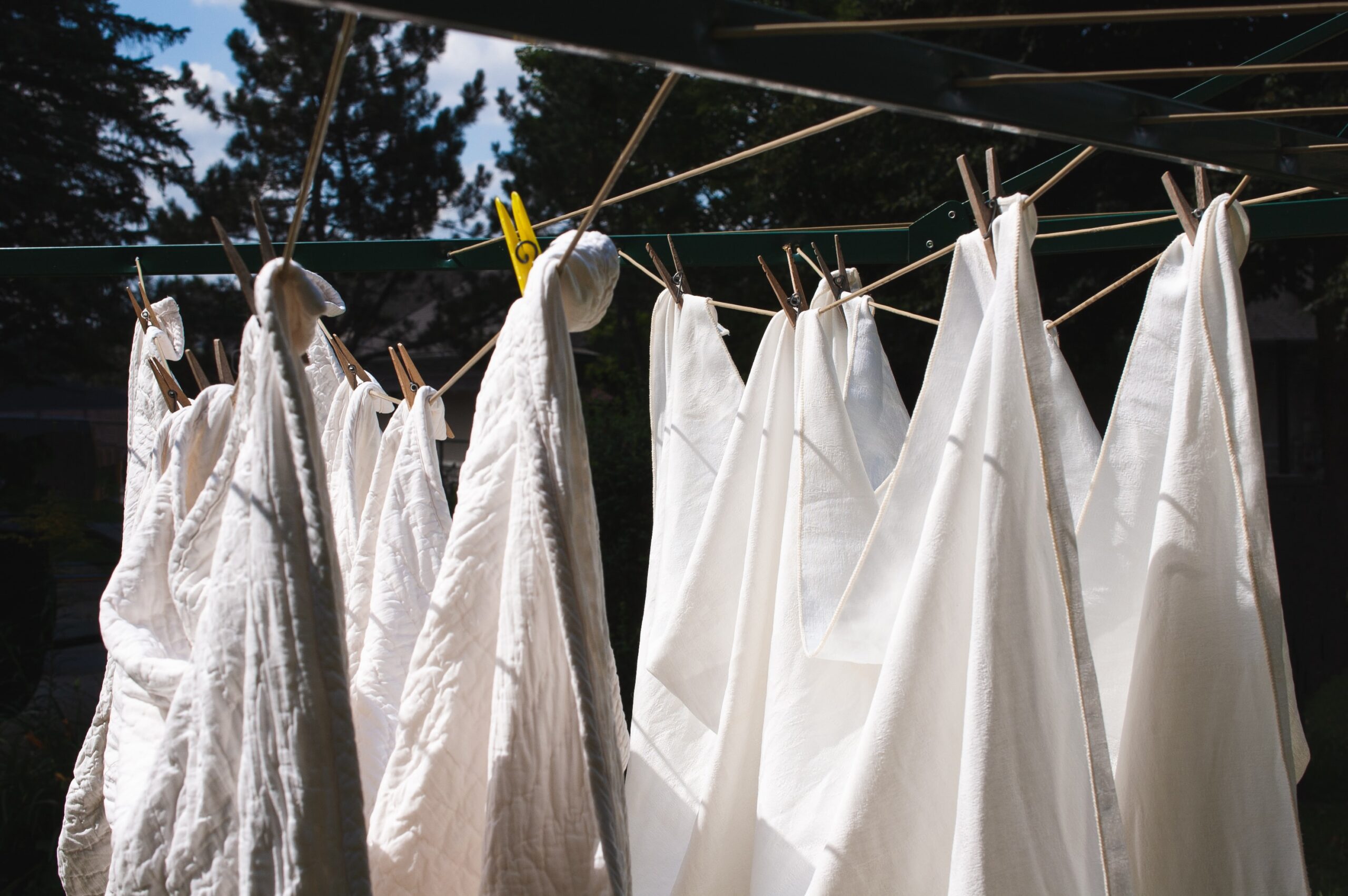
HEMP
The true multi-purpose plant! Hemp is an extremely durable and strong fabric that can be machine washed, and naturally resists mold and UV light (hello drapes and furniture by the window!)
It grows fast in any kind of climate, uses little water, doesn’t exhaust the soil and requires no pesticides or herbicides. Many consider hemp the most versatile and sustainable plant on earth because of it’s many uses for biofuel, paper, fabric, rope, building materials, skin care products and even food.
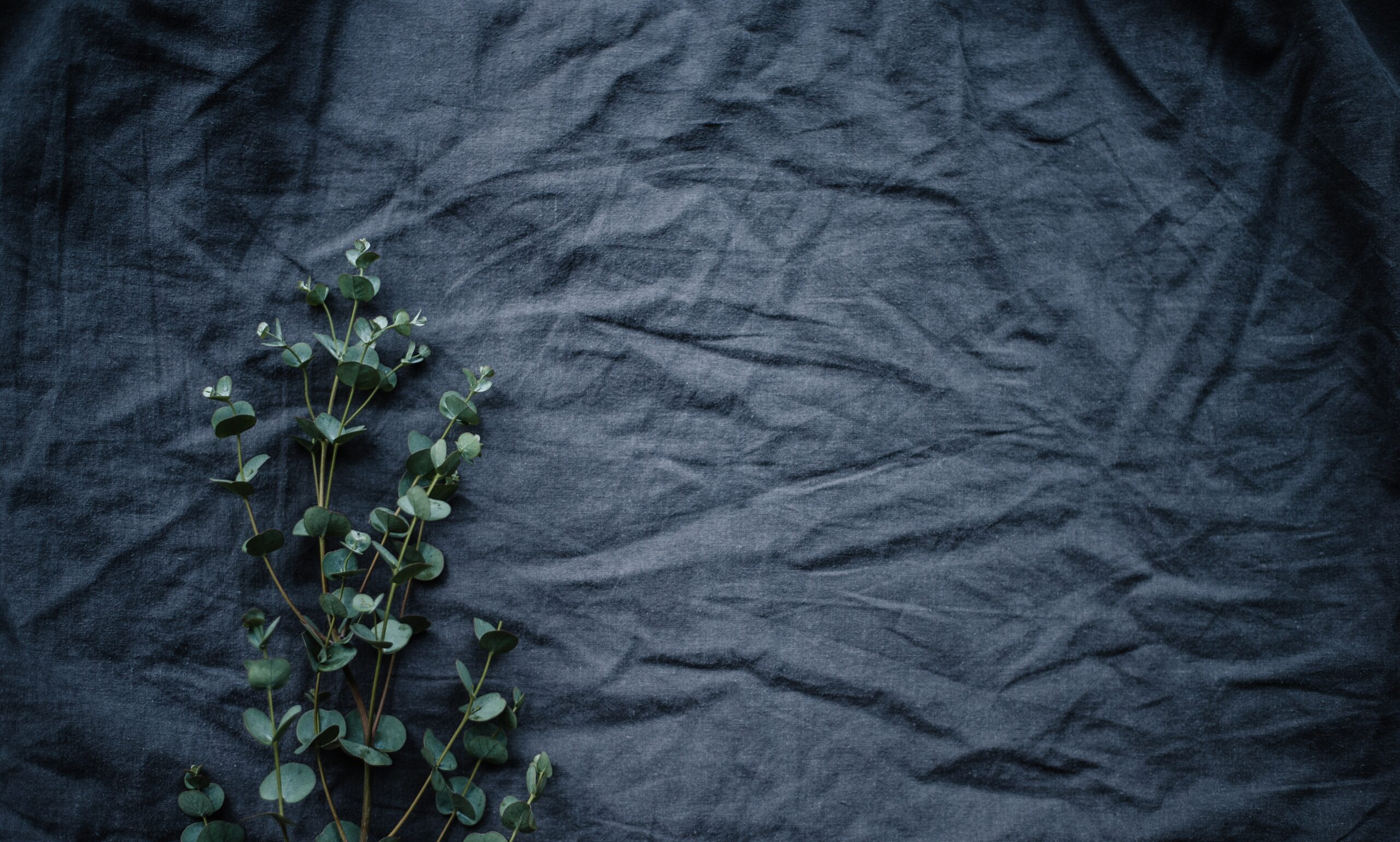
EUCALYPTUS
Eucalyptus textiles are so soft, lightweight, and breathable.
You may see the ingredients listed as Lyocell, Tencel or Modal, which use the wood pulp of a Eucalyptus tree or shrub.
Like Bamboo, Eucalyptus is fast growing as well as anti-microbial, which makes it a natural insecticide as a flea and moth repellent.
The manufacturing process is fairly minimal and harmless to the air and water supply, and it can also be recyclable and biodegradable.

GREEN INTERIOR DESIGN
2nd Edition
How to Achieve Style and Sustainability
Green Interior Design is the most comprehensive guide to sustainable building, designing, and decorating on the market. This beautifully illustrated guide covers every detail of your home—from the drywall to the finial on the curtain rod—and how to find the most environmentally friendly versions of products and décor. This second edition of Green Interior Design is meant as much for the budget DIYer as it is for the luxury homebuilders looking to dip their toes into sustainability.
Purchase HERE.
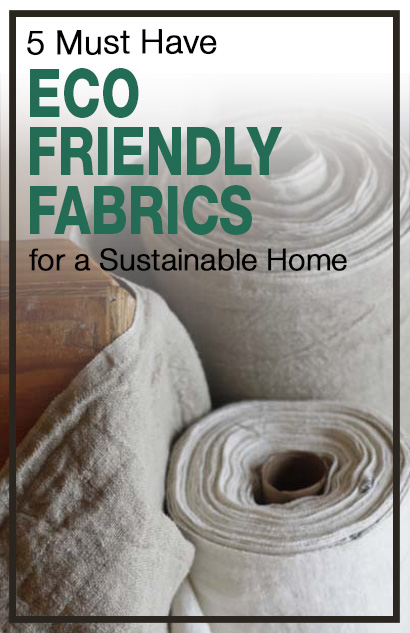
Eco-Friendly Fabrics for a Sustainable Home
Excerpts taken from the book
Green Interior Design by Lori Dennis and Courtney Porter

